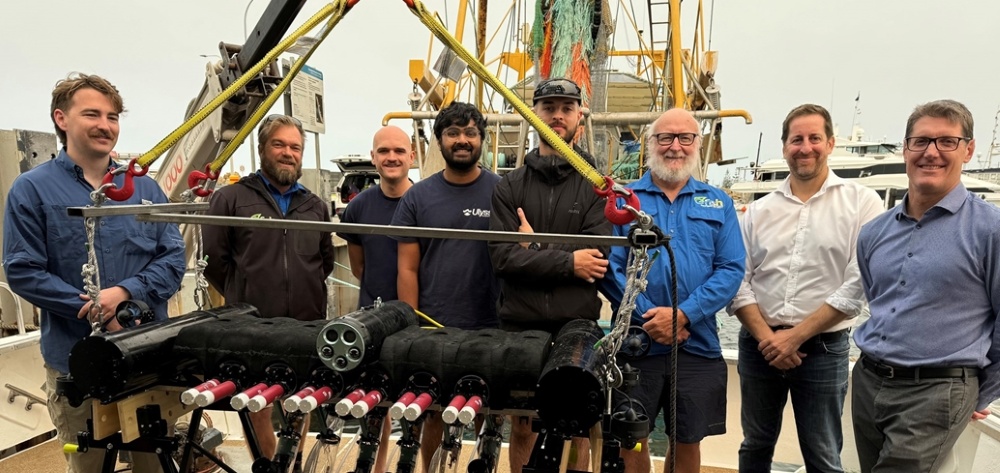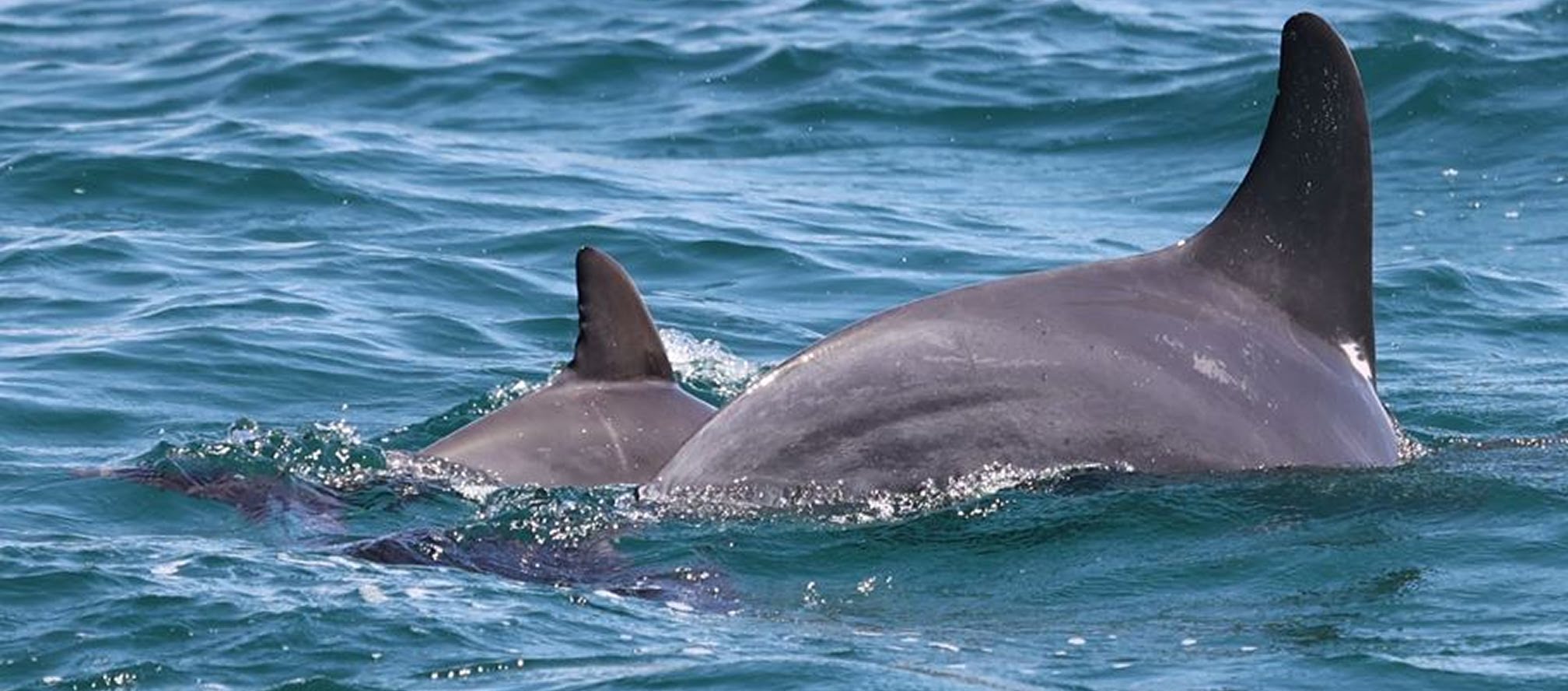
The funding provides a holistic approach for the future of seagrass restoration, bringing together a successful community-driven program with pioneering automated technology that has potential to significantly scale-up activities, all underpinned by the latest independent scientific data.
Boosting Seeds for Snapper
The investment includes two years of funding totalling $500,000 to OzFish Unlimited, a non-government organisation that undertakes a range of fish habitat restoration activities involving community volunteers. The funding will boost OzFish’s WA-based Seeds for Snapper program and expand restoration activities in Cockburn Sound, marking the next step in Westport’s long-term commitment to significantly scale up seagrass restoration in and around the Sound.
Seeds for Snapper is a WA community-based restoration program, developed in collaboration with UWA researchers in 2018, with the goal to restore Posidonia australis meadows in Cockburn Sound and Owen Anchorage. Seagrass is critical to marine health, providing food and shelter for many marine species, nursery grounds for commercially important species, maintaining water quality and sequestering carbon.
This unique program, which is one of the largest community driven seagrass restoration initiative underway in Australia, mobilises volunteer divers and fishers to collect seagrass fruit and disperse seeds into pre-selected sites across Owen Anchorage and Kwinana Shelf for restoration. By engaging local volunteers and citizen scientists, Seeds for Snapper has increased seed dispersion about 10-fold to more than 4 million seeds since the project began, increasing the scale of restoration activities and recovery opportunities.
OzFish CEO, Cassie Price, explained that “Over the last 7 years, OzFish and supporters have collected more than 5 million Posidonia fruit from which we’ve been able to collect and disperse more than 4 million seeds to areas in Cockburn Sound and Owen Anchorage.”
“There is a significant amount of work to replace the seagrass meadows that were lost in the Sound from the 1970s to the 1990s, and this funding from Westport provides critical support to ensure the restoration work continues.
Investing in new technology to upscale seagrass restoration
This year’s Seeds for Snapper program will be further boosted by an Australian-first trial of robotic seagrass seed injection technology, supported by an additional $230,000 investment by Westport and managed by the University of Western Australia (UWA). The robotic device, developed by Ulysses Ecosystem Engineering, delivers seagrass seeds in a single stream, directly into the sediment, improving the likelihood of seagrass germination as compared to manual methods of seagrass seeds being dispersed into the water by hand.
The November trial of the Ulysses technology followed an earlier trial in March run by UWA, which calibrated the technology to suit the sediment conditions of Cockburn Sound. This initial funding supports Westport’s long-term commitment to significantly scale-up seagrass restoration in Cockburn Sound, before and after development of the new port facilities.
According to Professor Gary Kendrick from UWA, “Westport is connecting the dots and putting WA at the forefront of seagrass restoration globally, by bringing together Seeds for Snapper with the trial of the Ulysses autonomous robotic technology, all backed by the latest science from the WA Marine Science Institution.”
“The seagrass restoration task is huge and intensive, so we need to harness the scaling power of automation. The Ulysses trial provides an incredible opportunity for us to test innovations, and ultimately prove the viability of new restoration methods.”
Science Underpinning Restoration
The investment is underpinned by the latest scientific data. It builds on the $13.5 million partnership between Westport and the Western Australian Marine Science Institution (WAMSI), which since 2023 has produced multiple studies to support seagrass restoration activities in Cockburn Sound, including seagrass mapping, light and sediment tolerance thresholds and best practice methods for scaling-up successful seagrass restoration.

